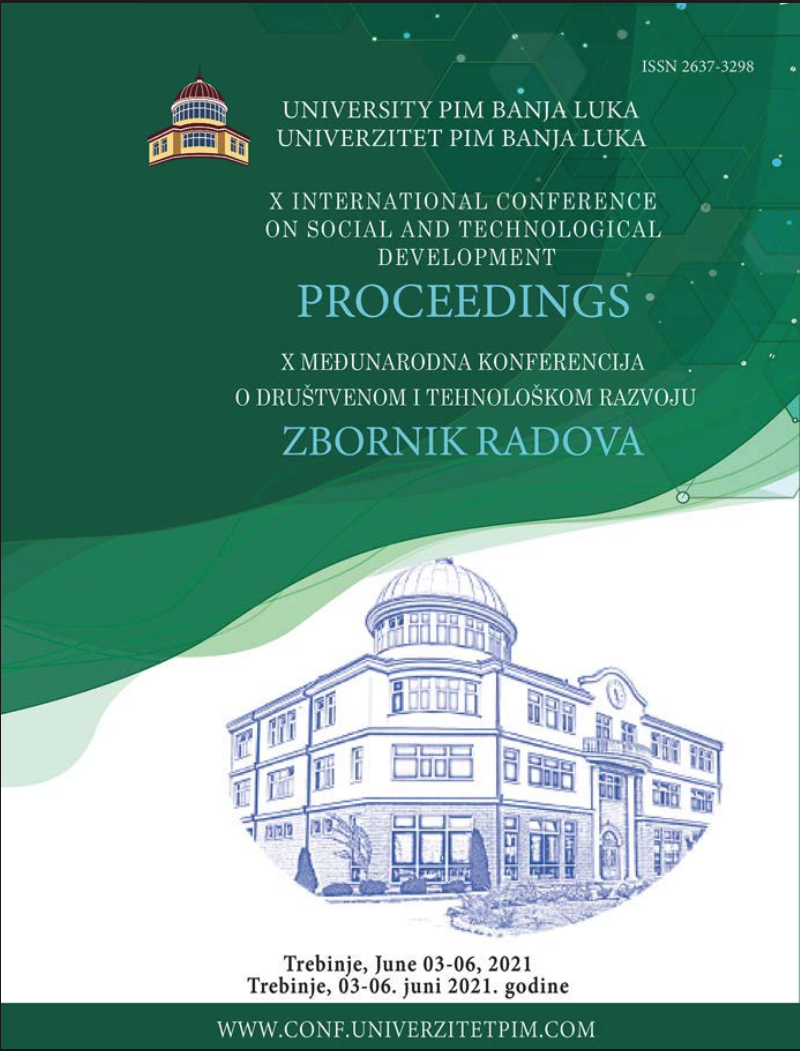
This is an open access article distributed under the Creative Commons Attribution License which permits unrestricted use, distribution, and reproduction in any medium, provided the original work is properly cited.
Faculty of Project and Investment Management, University Educons , Belgrade , Serbia
Faculty of Management Herceg Novi, University Adriatic , Herceg Novi , Montenegro
Faculty of Project and Investment Management, University Educons , Belgrade , Serbia
Faculty of Project and Investment Management, University Educons , Belgrade , Serbia
Digital marketing is a branch of marketing that uses digital technologies based on the Internet and social networks. It began to develop in the 2000s and has been in constant expansion ever since. Digital marketing uses online strategies and these activities are constantly evolving, following the habits and needs of internet users. This type of marketing allows us to correctly define the groups to which we want to present our advertising campaign, and above all we know that it is a prerequisite for successful business. Today, we know that digital marketing is widespread in all spheres of life, including the ability to improve the work and promotion of higher education institutions. The aim of this paper is to show the extent to which current and future students use the Internet and social networks for the purpose of informing about the faculty. Also, the goal is to determine the possibilities of increasing the number of enrolled students per academic year through digital marketing tools. To this end, two extensive studies have been conducted, which have helped confirm the hypothesis that digital marketing is necessary in the promotion of higher education institutions. In addition, in this research, we also addressed the ways in which higher education institutions should be promoted on the Internet and social networks. We came to the conclusion that social networks are an inexhaustible source of opportunities to promote higher education institutions, and that they should be used properly and properly in order to motivate future students to enroll in the faculty we represent.
digital marketing, higher education institutions, internet sites, the social network, influencers
The statements, opinions and data contained in the journal are solely those of the individual authors and contributors and not of the publisher and the editor(s). We stay neutral with regard to jurisdictional claims in published maps and institutional affiliations.